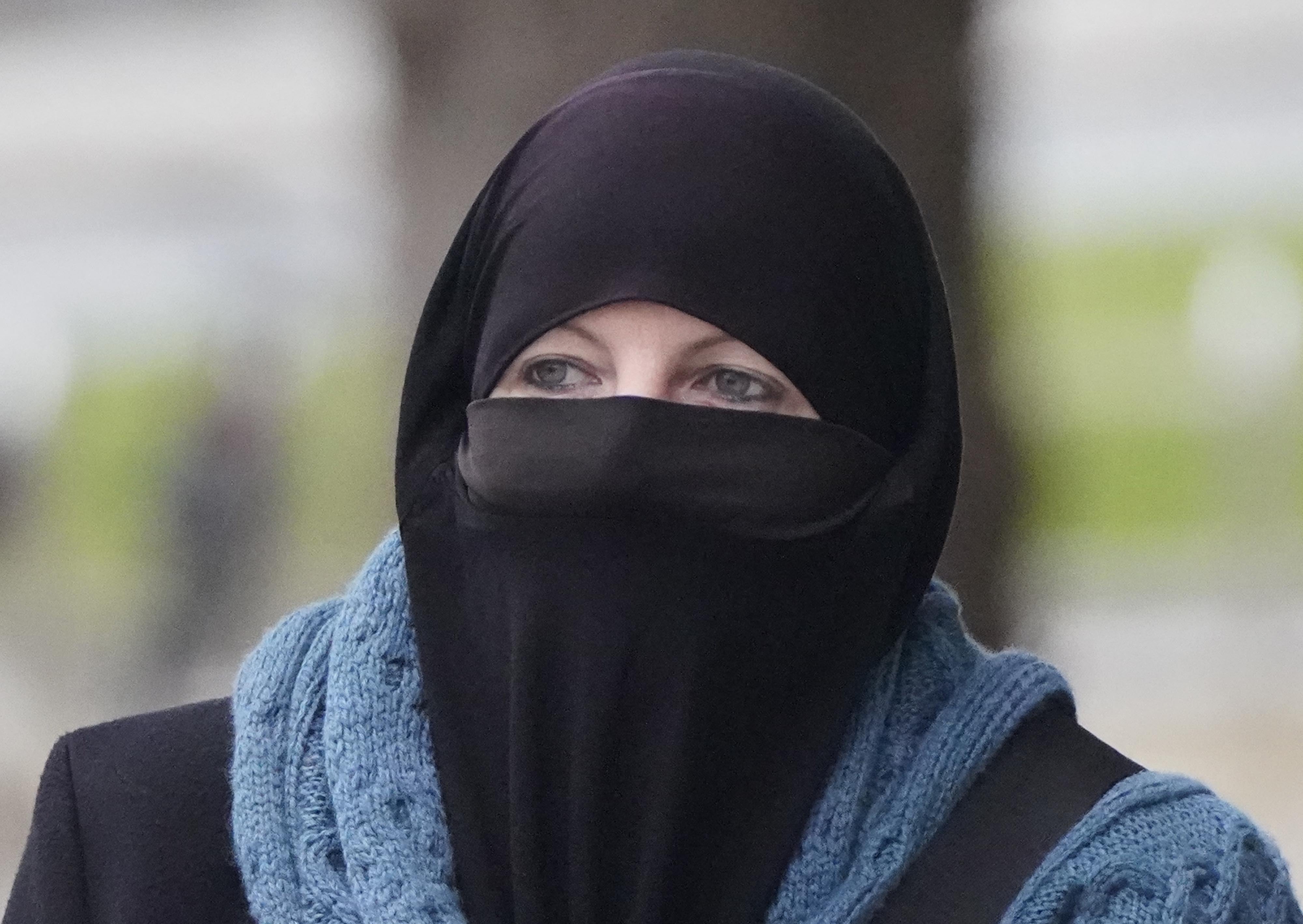Woman who travelled to territory of so-called IS not ‘prima facie a terrorist’
Former Irish soldier Lisa Smith has pleaded not guilty to charges of membership of IS and providing funds to benefit the group.

Your support helps us to tell the story
From reproductive rights to climate change to Big Tech, The Independent is on the ground when the story is developing. Whether it's investigating the financials of Elon Musk's pro-Trump PAC or producing our latest documentary, 'The A Word', which shines a light on the American women fighting for reproductive rights, we know how important it is to parse out the facts from the messaging.
At such a critical moment in US history, we need reporters on the ground. Your donation allows us to keep sending journalists to speak to both sides of the story.
The Independent is trusted by Americans across the entire political spectrum. And unlike many other quality news outlets, we choose not to lock Americans out of our reporting and analysis with paywalls. We believe quality journalism should be available to everyone, paid for by those who can afford it.
Your support makes all the difference.A barrister for former Irish soldier Lisa Smith has told her trial that a person in the geographical area of the so-called Islamic State is not “prima facie a terrorist”.
Michael O’Higgins, defence counsel for Ms Smith, told the Special Criminal Court in Dublin that there must be a distinction made between the territory of Syria and the terrorist organisation Isis.
The Co Louth woman, 39, has pleaded not guilty to charges of membership of IS and providing funds to benefit the group.
Delivering his closing speech following a nine-week trial, O’Higgins told the three-judge, non-jury court that a decision by an individual to travel to the IS-controlled territory has been closely linked as an act of support for Isis.
He said, however, that support for the terrorist organisation does not make an individual one of its members.
The court was told that thousands of people from across the world travelled to Syria following a calling by terrorist leader Abu Bakr al-Baghdadi.
It must see a distinction and cannot simply say anyone in the geographical boundaries is prima facie a terrorist
Mr O’Higgins said that one “of the thorns in the case” is that the territory of Syria, the secretariat and the terrorist organisation are terms that have been used interchangeably, which he said the court “cannot do”.
“It must see a distinction and cannot simply say anyone in the geographical boundaries is prima facie a terrorist,” he added.
“It is not a safe basis to impose criminality liability.”
Mr O’Higgins said that mental element associated with the crime must be “teased out”.
“The mental element involves the following: I want to be a member. It’s not a subsumed status, the organisation who admits members must agree you are a member.
“It’s not quite as precise as an offer and consideration, it must be an assessment of whether that person is accepted as a member. It is not something that is conferred and that is what is missing in this case.
“Taking the prosecution at its height, the indicia are matters which, at a stretch, could be of some form of assistance, could be coterminous of membership.”
He said the only “positive act” cited by the prosecution of Ms Smith assisting Isis is by cooking and cleaning for her husband, a UK national who the prosecution claims undertook “border control” for Islamic State.
He said that prosecuting counsel Sean Gillane reproduced evidence from Dr Florence Gaub, an expert on Middle Eastern conflicts, that Isis fighters did not live in barracks and had to be brought home to be fed and looked after.
He said this was “sobering” and something the court should take into consideration.
He said the assertion portrayed by the prosecution that the thousands of Muslims who travelled to Syria were turned into “robots” must be “cast as far away as possible”.
“The court should note she (Ms Smith) is not a robot and is entitled to express views, and she is entitled to give an explanation and is entitled to full consideration of that,” Mr O’Higgins added.
Ms Smith, from Dundalk, travelled to Syria in 2015.
Mr O’Higgins was also critical of expert evidence given by Dr Gaub, particularly on her assessment that Muslims who travelled to Syria were given preferential treatment over native Syrians.
She previously told the court that they had better access to house and received more security.
Mr O’Higgins said the underpinning of Dr Gaub’s opinion was “woolly” and did not stand up to the high level to impose criminality liability on someone.
Mr O’Higgins said that Ms Smith was not a person who had a lot of money.
He said she had 25,00 euro, but that went towards doing up her parents’ separate homes.
He said there is “no doubting that she is a generous person with a good heart”.
Mr O’Higgins concluded his closing speech.
The three-judge panel is to consider a further legal matter next week before retiring to consider their ruling.